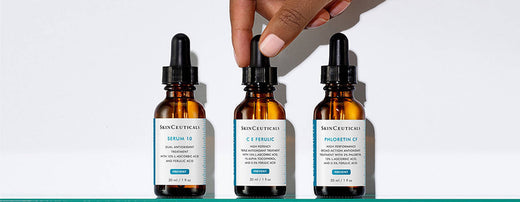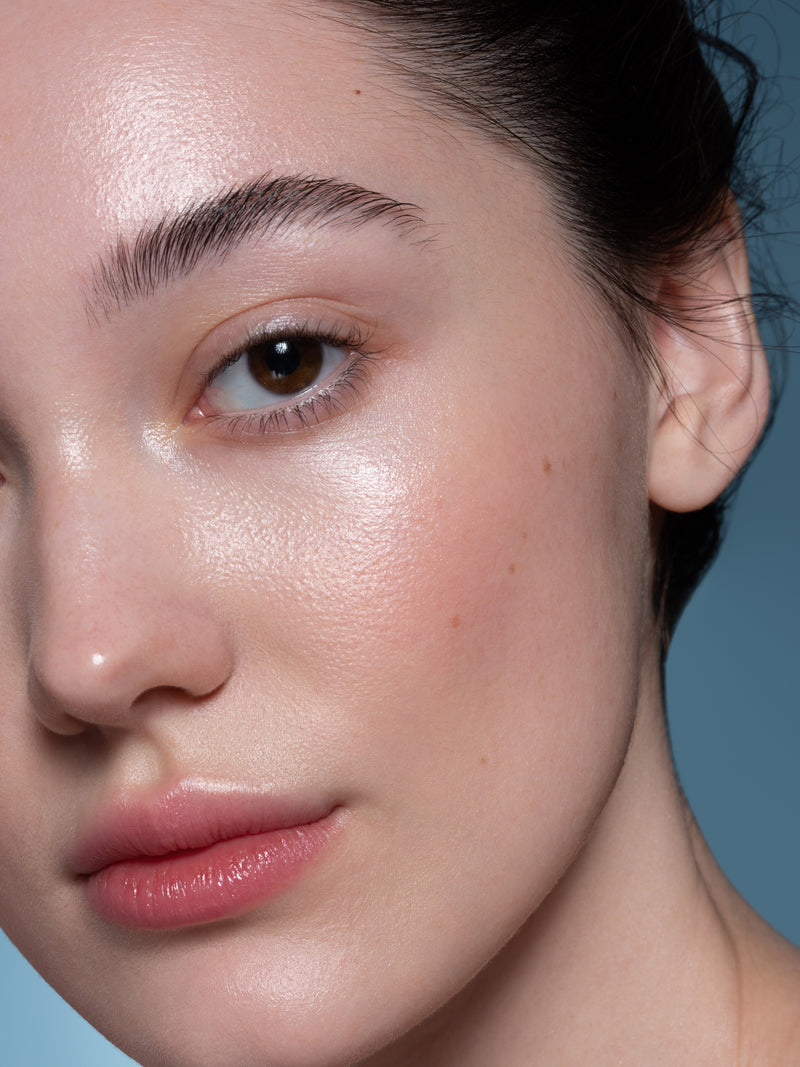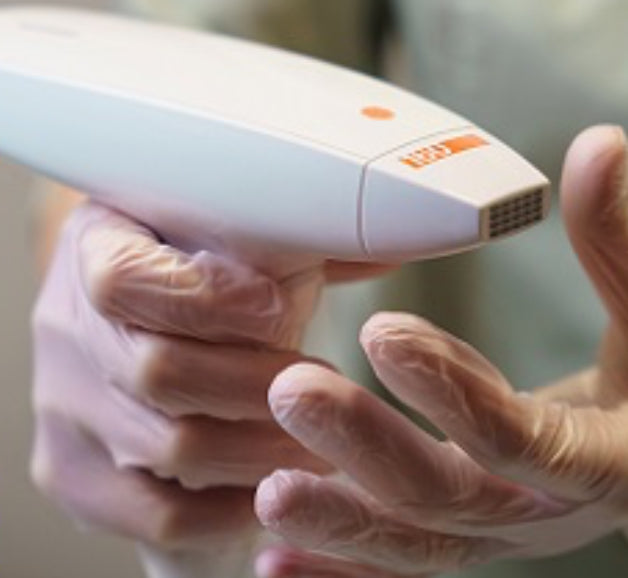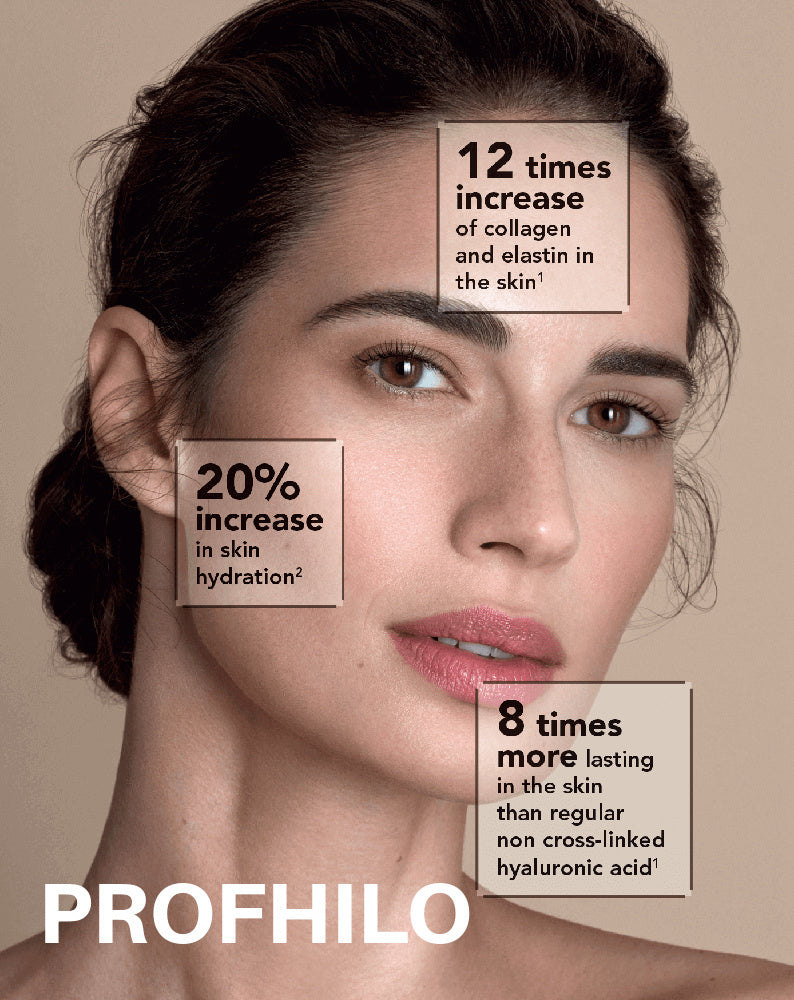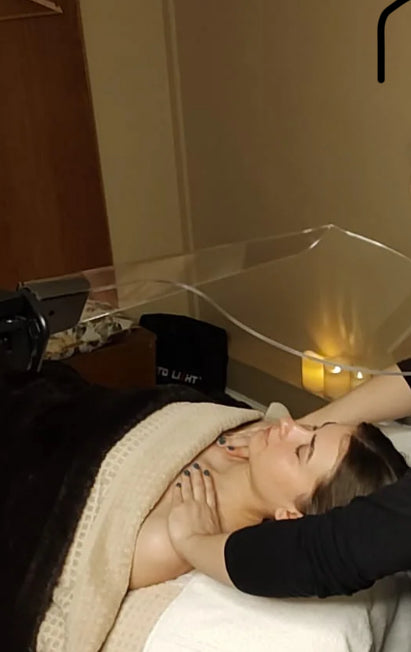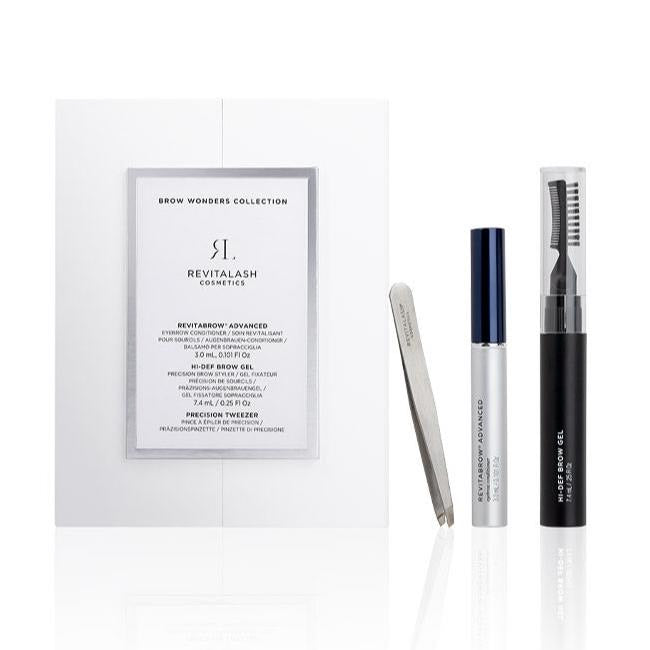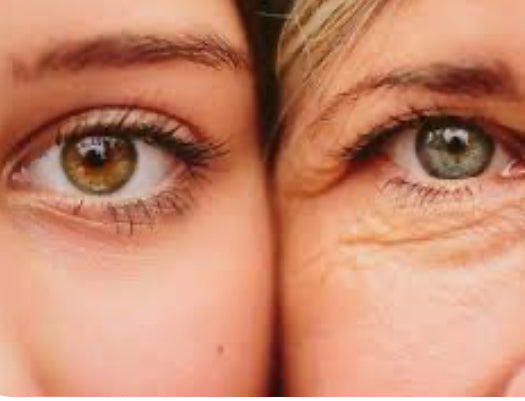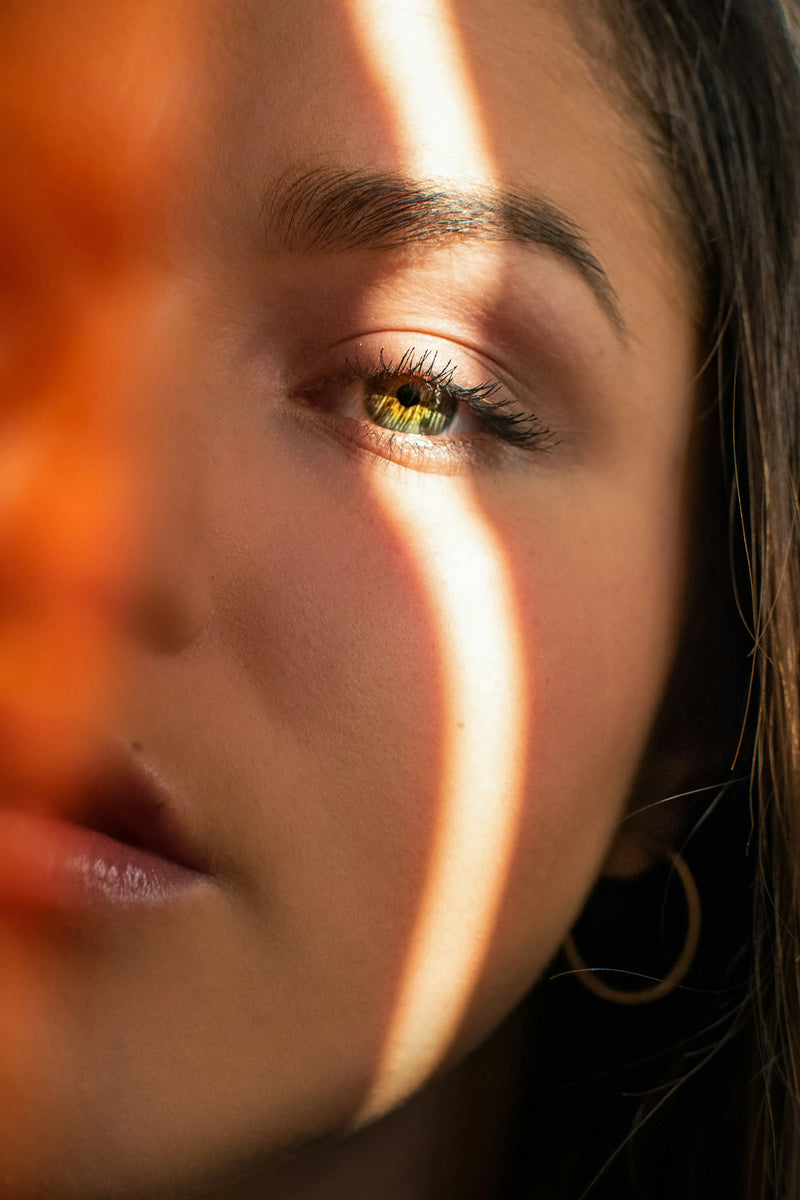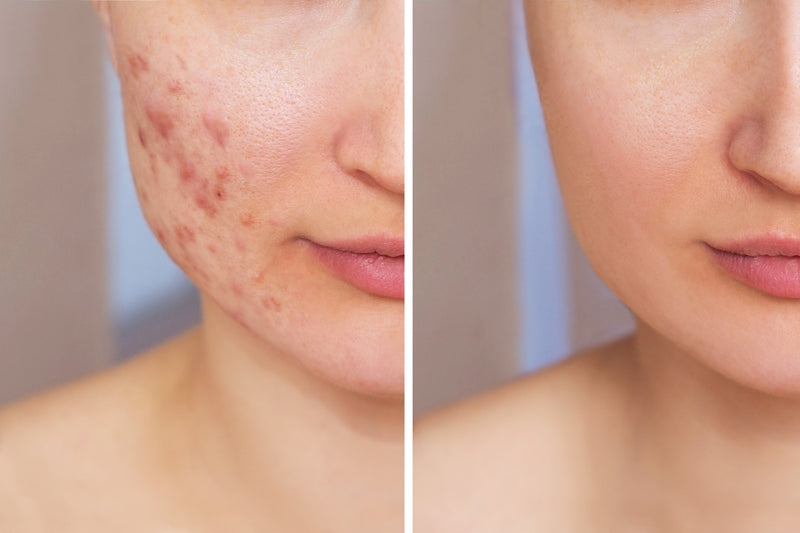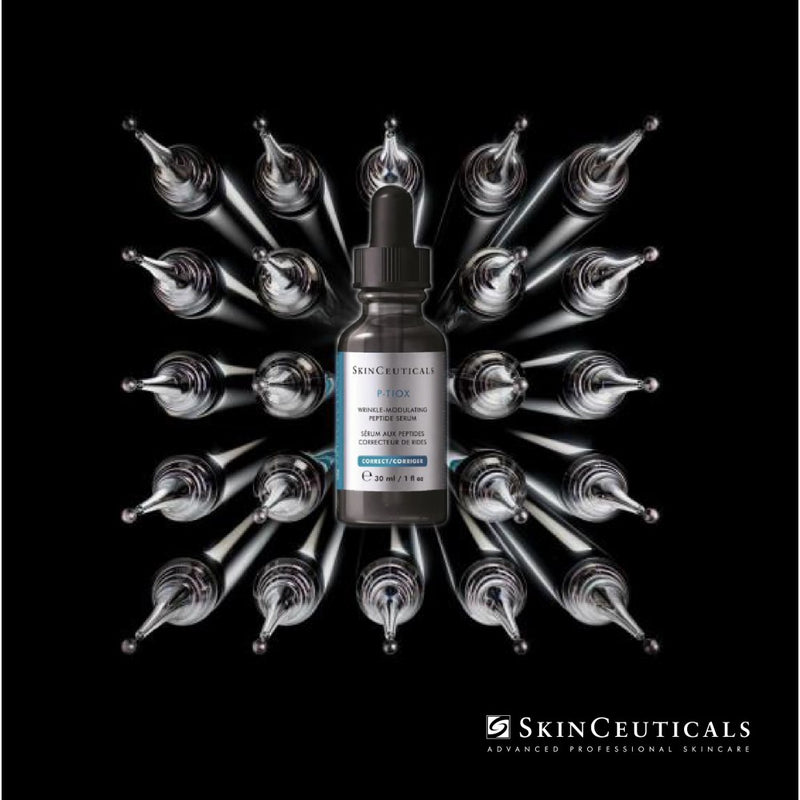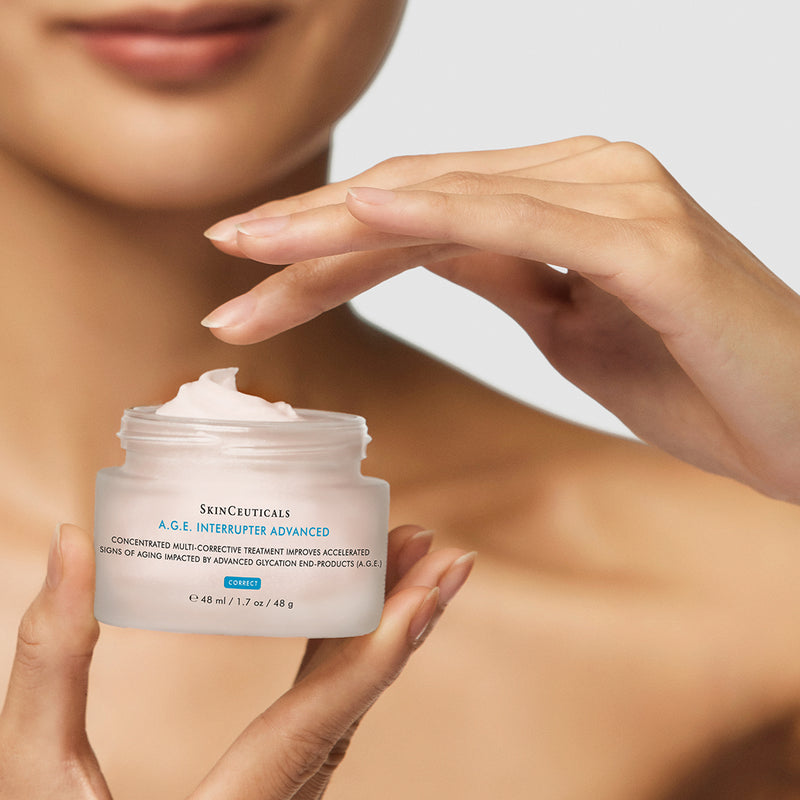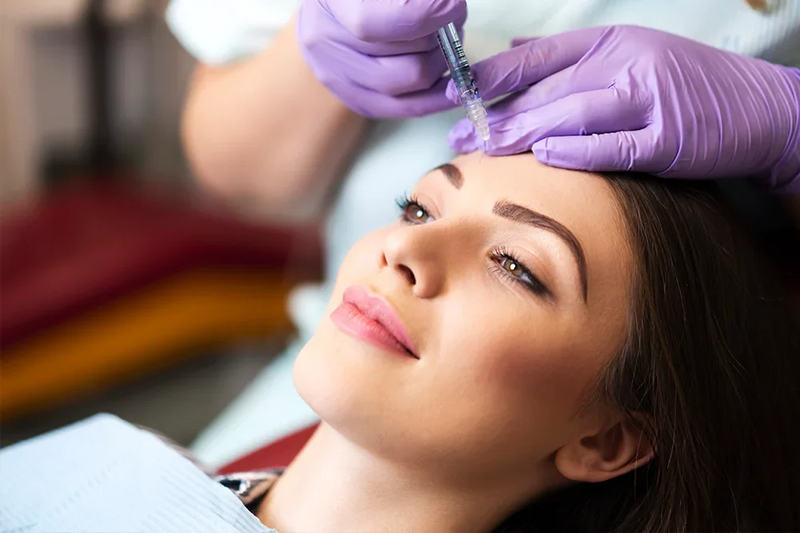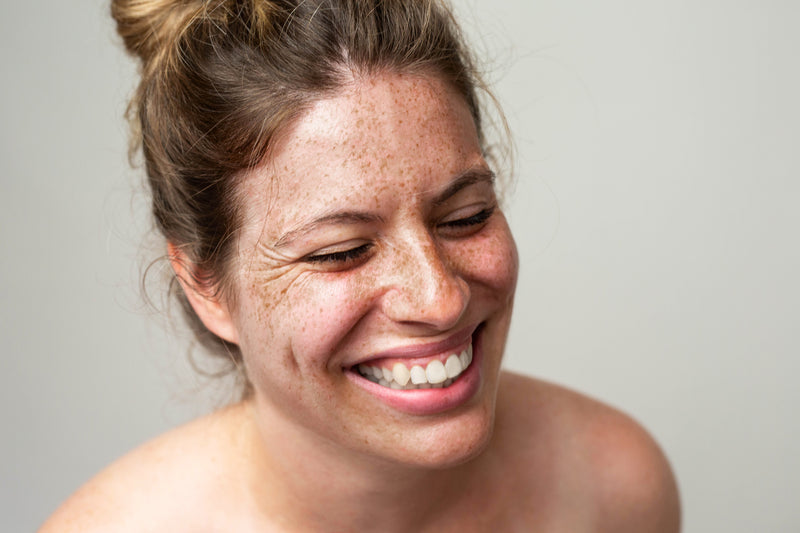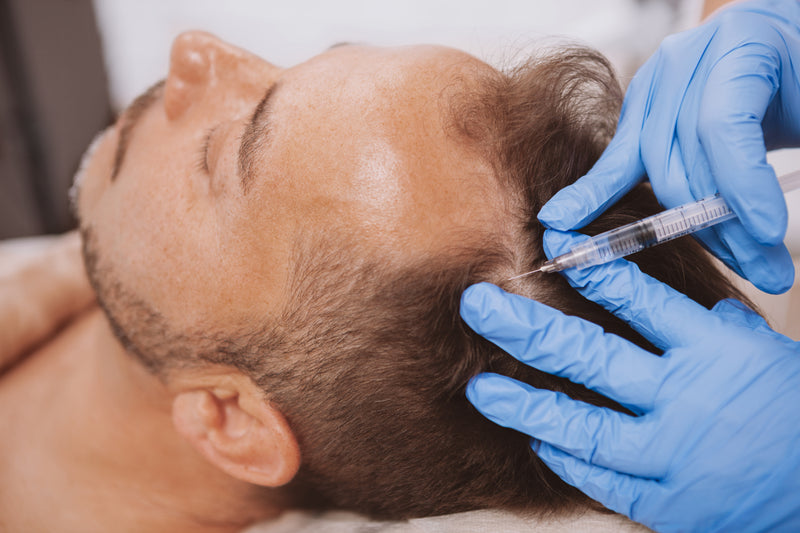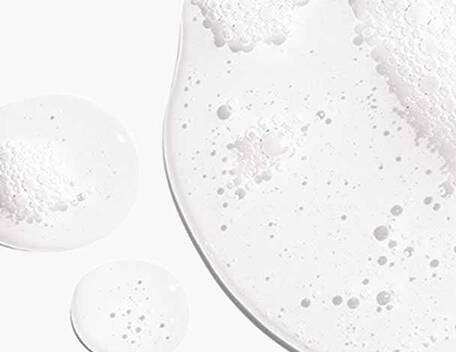Nicotinamide is a form of vitamin B3 that has been shown to reduce the number of skin cancers. In a randomised controlled trial performed in Australia (published in the New England Journal of Medicine), the risks of basal cell carcinoma and squamous cell carcinoma were significantly reduced — by 23%. Nicotinamide has protective effects against ultraviolet damage caused by sun exposure. The vitamin is safe and can be purchased over the counter. We recommended starting the vitamin (500 mg twice a day) to all our patients with a history of a basal cell carcinoma or squamous cell carcinoma, or with extensive skin damage due to sun exposure. One caveat is that the vitamin must be taken continuously, as the benefits are lost once stopped. ( Supports Skin and Cells - Nicotinamide is Formulated to Promote Healthy Skin, May Slow Effects of Ageing, Supports Cellular Repair and Helps Regulate Energy Metabolism).
https://www.nejm.org/doi/pdf/10.1056/NEJMoa1506197
https://academic.oup.com/carcin/article/34/5/1144/2463125
Lamberts Nicotinamide is a high strength supplement that provides a level of niacin that has been used in scientific studies.( they sell this in Dalkey Pharmacy on Railway road. Dalkey .
Vitamins C, E and A, zinc, selenium, beta carotene (carotenoids), omega-3 fatty acids, lycopene and polyphenols are among the antioxidants many dermatologists recommend including in your diet to help prevent skin cancer. You can find them in many everyday nourishing whole foods.
Get Your Antioxidants Here!
While virtually all experts agree that eating foods rich in these compounds is good for your overall health, the evidence that they specifically help prevent skin cancer is stronger for some nutrients than others. The good news, though, is that they also protect against other cancers and conditions ranging from diabetes to heart disease.
Beta Carotene
This nutrient can give you certain health benefits by converting to vitamin A in the body. While supplements have not proven to help prevent skin cancer, diets high in beta carotene-rich fruits and vegetables may reduce the risk of some cancers. Beta carotene also boosts the immune system’s ability to fight disease.
Where to find it: Look for orange-coloured vegetables and fruits, including carrots, squash, sweet potatoes, cantaloupe, apricots, and mangoes.
Lycopene
The same red pigment in lycopene that helps protect the tomato against sun damage may also help protect your skin against sun damage. A 2010 study in the British Journal of Dermatology that tracked patients regularly eating tomato paste against a control group that didn’t find that, after 10 weeks, the lycopene eaters were 40 percent less likely to be sunburned. Several reports have linked lycopene to a lower risk of various cancers.
Where to find it: This red-pigmented antioxidant is in tomatoes, watermelon, guava, papaya, apricots, pink grapefruit, blood oranges and other foods.
Omega-3 Fatty Acids
These nutrients inhibit COX-2, a chemical that promotes skin cancer progression. They are also thought to reduce inflammation. Several cancers, including skin cancer, have been strongly linked to chronic inflammation.
Where to find it: Fatty fish such as salmon, sardines, mackerel, herring, and albacore tuna are chock full of omega-3s. Walnuts and flaxseed are good vegetarian sources.
Polyphenols in Tea
Studies have shown that drinking green or black tea can help prevent skin cancer. But the evidence for green tea is stronger, with numerous studies pointing to its benefits. The polyphenols in green tea are plant chemicals with powerful antioxidant, anti-inflammatory, and tumour-inhibiting properties, and have been found to repair DNA in UV-exposed skin, reducing cell damage. In the lab, green tea either consumed or applied directly to the skin has helped prevent UV-triggered skin cancer by absorbing UV damage and scavenging free radicals. A recent study concluded that tea’s polyphenols may reduce your skin cancer risk significantly if you drink four to six freshly brewed cups a day.
Where to find it: In freshly brewed green or black tea.
Selenium
A recent major review of 16 studies involving more than 144,000 people reported that those with a higher intake of selenium have a 31 percent lower risk of cancer at any site and a 40 percent lower risk of cancer deaths.
Where to find it: Just one to two Brazil nuts a day provide all the selenium you need. Meats such as chicken and grass-fed beef are also rich in this mineral.
Vitamin C
Long ago, scientists discovered that some properties of vitamin C make it toxic to cancer cells. While no one has turned up convincing evidence that it prevents skin cancer or cuts skin cancer deaths, general studies have linked higher blood levels of the vitamin with a lower overall risk of cancer deaths.
Where to find it: Get your C from oranges, lemons, limes, strawberries, raspberries, and certain vegetables, including leafy greens, broccoli, and bell peppers.
Vitamin D
The best-proven benefits of vitamin D are bone-building and immune-boosting, but a 2011 study from the national Women’s Health Initiative found that women with a history of nonmelanoma skin cancer who took low levels (400 international units, or IU) of vitamin D plus calcium supplements reduced their melanoma risk. There have been similar findings with breast, colon, and rectal cancer. The skin produces vitamin D in response to sun exposure. But since unprotected sun exposure causes skin damage, you should use food and supplements to get the daily allowance of 600 IU recommended by the Institute of Medicine and The Skin Cancer Foundation for the average person between ages 1 and 70. (400 IU are recommended for infants under age 1 and 800 IU are recommended for those over age 70.) Look for vitamin D3, the most effective form of the vitamin.
Where to find it: If you can stomach the taste, one tablespoonful of cod liver oil has more than twice the recommended daily allowance of vitamin D. Fatty fish such as salmon, mackerel and tuna are excellent sources as well. Common foods such as milk and orange juice are often fortified with it. And you can get small amounts in egg yolks, beef liver and cheese.
Vitamin E
In the diet, this vitamin has many abilities that could make it an effective skin cancer preventive. A proven antioxidant, it helps prevent damage from free radicals, absorbs energy from UV light, has potent anti-inflammatory effects and improves the ability of skin and veins to act as protective barriers. Vitamin E supplements may lead to side effects, such as bruising and bleeding problems.
Where to find it: Rich sources of vitamin E include almonds and other nuts, sunflower and other seeds, spinach, soybeans, and wheat germ.
Zinc
It helps keep the immune system functioning efficiently to fight cancer and other diseases. It also helps activate certain antioxidants in the body. A small 2017 study of men in The American Journal of Clinical Nutrition found that just a modest increase in dietary zinc helped replenish antioxidants and restore immune functions in the body. It increased the level of proteins involved in DNA repair and reduced the kind of DNA damage that can lead to cancers.
Where to find it: You can find high amounts of zinc in beef and lamb, shellfish, and legumes such as hummus, chickpeas, lentils, and black beans.
Sunscreen is important
Sunscreen has been shown to reduce both melanoma and squamous cell carcinoma. Randomised prospective studies in Australia showed that individuals who used daily sunscreen had a 50% reduction in melanoma and a 40% reduction in squamous cell carcinoma, compared to individuals who used sunscreen intermittently. So when the sun and warm weather beckon, remember to apply a broad-spectrum sunscreen with at least SPF 30 prior to going out in the sun, reapply every two hours, and apply liberally: 1 teaspoon to each arm, head and neck, front torso, and back; and 2 teaspoons to each leg.



